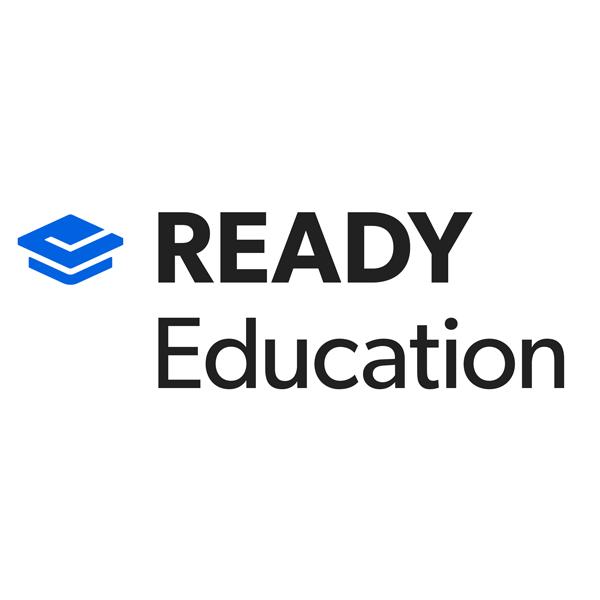
Reimagining the first year student experience
On Thursday, June 29, 2023, we hosted a webinar on how to better engage your students with an enhanced first-year experience

Why the First Year Experience Matters
Engaging students from an early stage increases our chances of reducing the dropout rate.
University completion rates vary widely across Europe and not all students drop out permanently. The table below highlights the number of students who enrol into higher education but who drop out due to their unmet needs, as well as the percentage who returned to study after dropping out.
According to Eurostat[1], the main reasons for not completing tertiary education in Europe include:
- A desire to work (25%)
- Finding their studies uninteresting or not meeting their needs (22%)
- The degree of difficulty of their studies (18%)
- Family reasons (10%)
- Health problems (5%)
On the other hand, the higher the academic performance and social integration, the less likely the student is to drop out. First-year students arrive with very different academic and social skills, and from different backgrounds and cultures. Many of them are making big life adjustments, like living away from home for the first time. The one thing that all students have in common is that they come to university to learn. The first-year curriculum is the centrepiece of that learning. The institution controls it, all students must access it and it is where time-poor students are entitled to expect relevance, support and engagement, both academically and socially.
Addressing Student Needs
To continue our discussion, we dived into the six critical aspects of the student experience and how they impact student success and well-being:
- Enrolment - How to streamline the process.
- Academia - How to align courses with the learning outcomes and standards and foster student participation, collaboration, critical thinking and creativity.
- Community & Engagement - How to encourage students to connect with peers.
- Well-being - How to promote a culture of respect, diversity, inclusion and safety both on campus and online.
- Communication & Transparency - How to deliver the right information, to the right student, at the right time.
- Administration - How to meet students’ needs with the right physical and digital infrastructure.
We will soon post more details about these key elements in our latest guide Addressing the Six Critical Aspects of the Student Experience and our summer series of blog posts!
Actionable Takeaways
Main challenges
According to Francesca, during the first year, the main challenge for students is to develop a sense of belonging so that they feel like they’re part of a community and have a support system to guide them through all the changes they are experiencing.
And for institutions, their priority should be streamlining the administrative processes to build the smoothest student experience possible.
Communication tips
The best way to communicate with your students is first, to know them and then to use diverse communication channels. As Francesca says, “people are bored of emails!” Instead, students look to use social media, internal platforms, websites…
Implementing the right technology tools can also help to improve your communication strategy.
Crucial moments in the first year journey
Francesca reminded us that the student journey begins even before the courses start. Hence the importance of preparing students before they arrive at the university so that they are ready for day one. Make sure they have seen a campus map, they know where they need to go, and when. In short, help them prepare for a great new start.
Then the first day makes a big impact. It’s the perfect opportunity for your institution to show you care about your students and want the best for them.
Eventually, you should keep a particular attention to the first couple of weeks. They are crucial to prevent drop out for administrative, social or financial reasons - among others.
Want to listen to the whole webinar? Download the recording here.
***
For more information on how to improve the first year student experience, find 6 key measures to improve your strategy in our guide.

